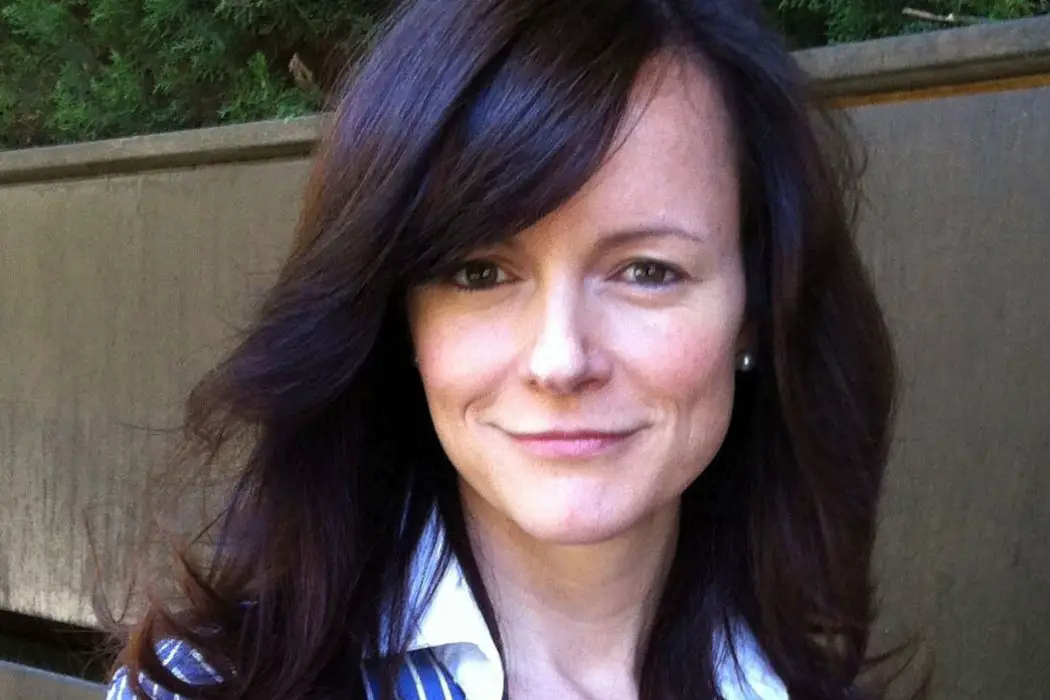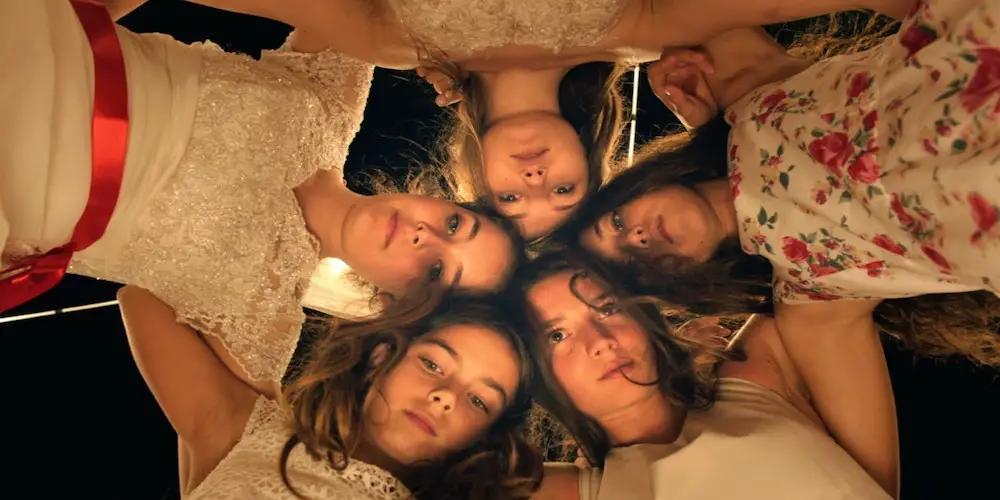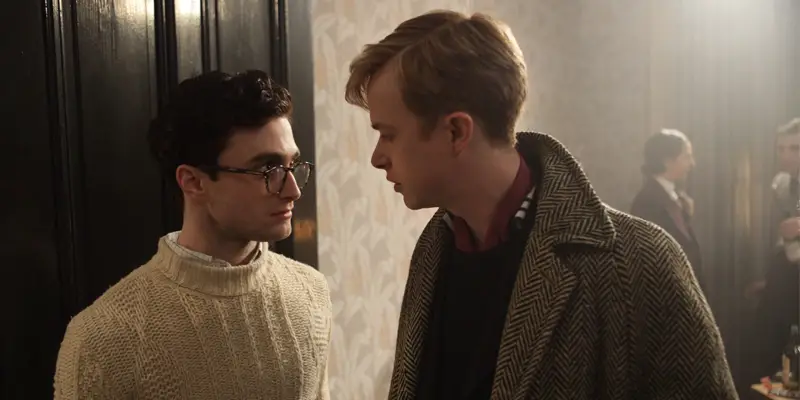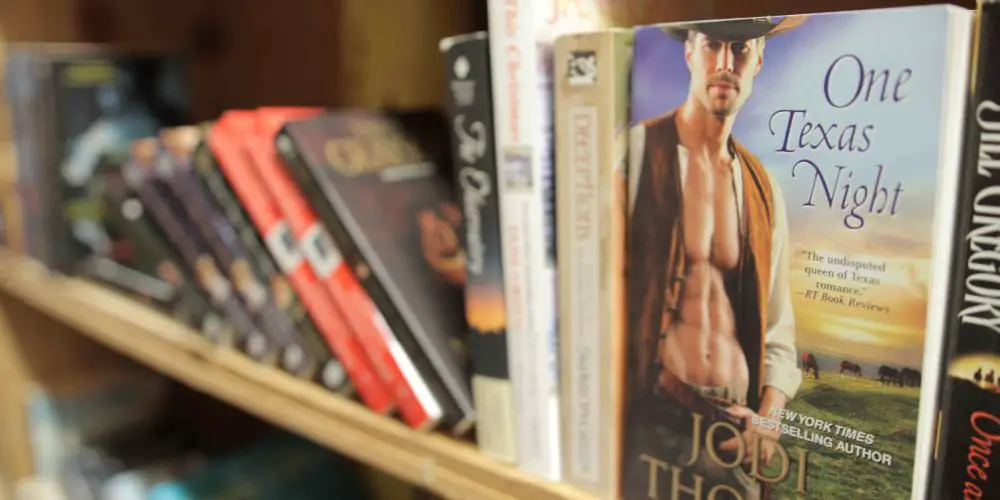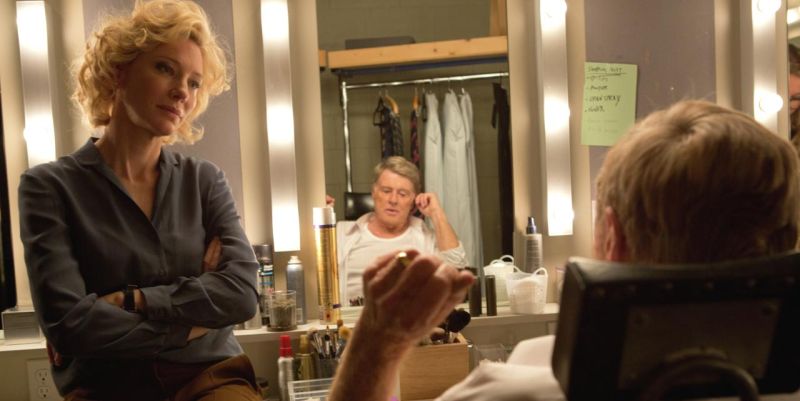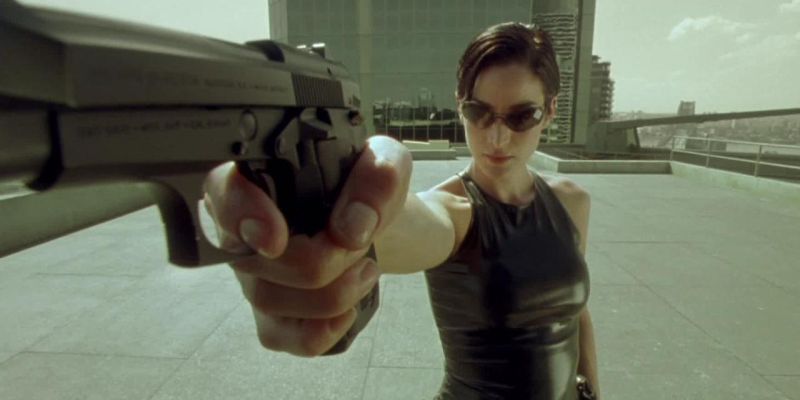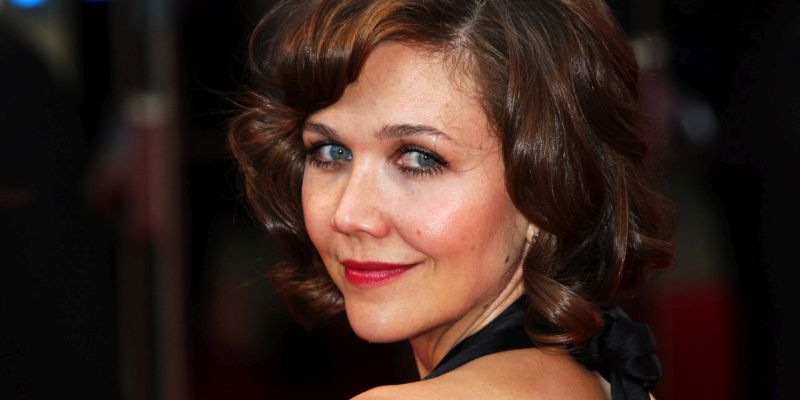women
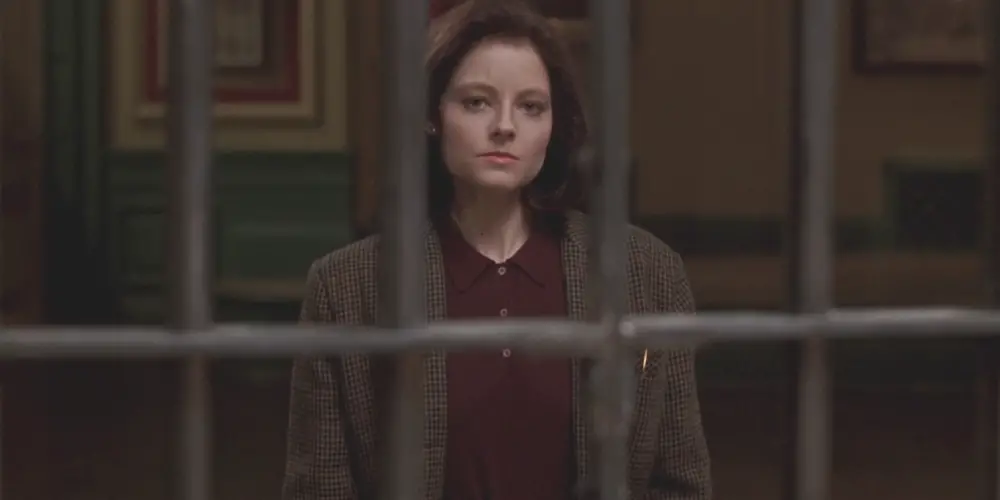
The Silence of the Lambs is an enduring piece of cinema. Jonathan Demme’s crime-thriller touched a nerve because of its mainstream appeal crossed with glimpses of macabre imagery. A young FBI trainee named Clarice Starling (Jodie Foster) is enlisted by her superior to visit with notorious cannibal Hannibal Lecter (Anthony Hopkins) in prison with hopes of gaining insight into another active serial killer:
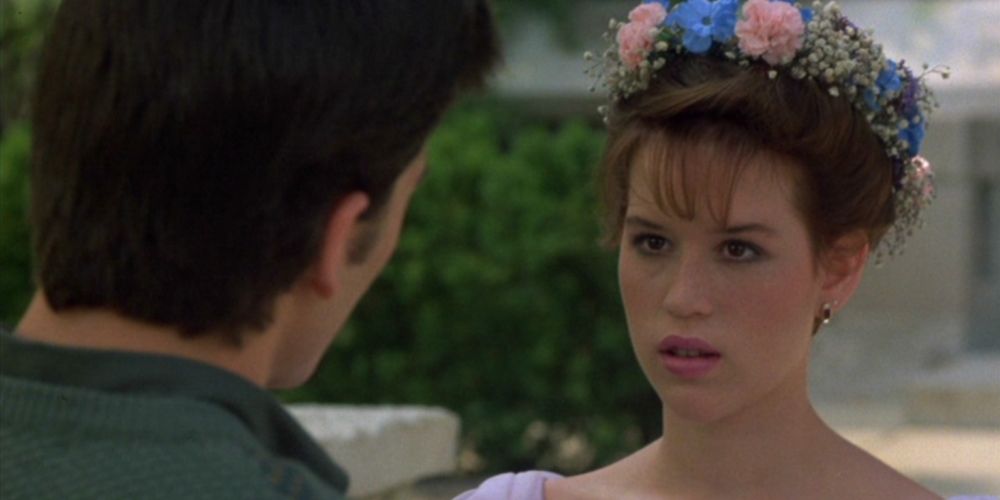
There’s a strange dichotomy surrounding the films of John Hughes, both written and directed. In one sense, there have been few directors that have so understood the angst of the teenage experience. Yet, conversely, Hughes’ depiction of both race and gender are entirely at odds with his apparent insight into the teen condition.
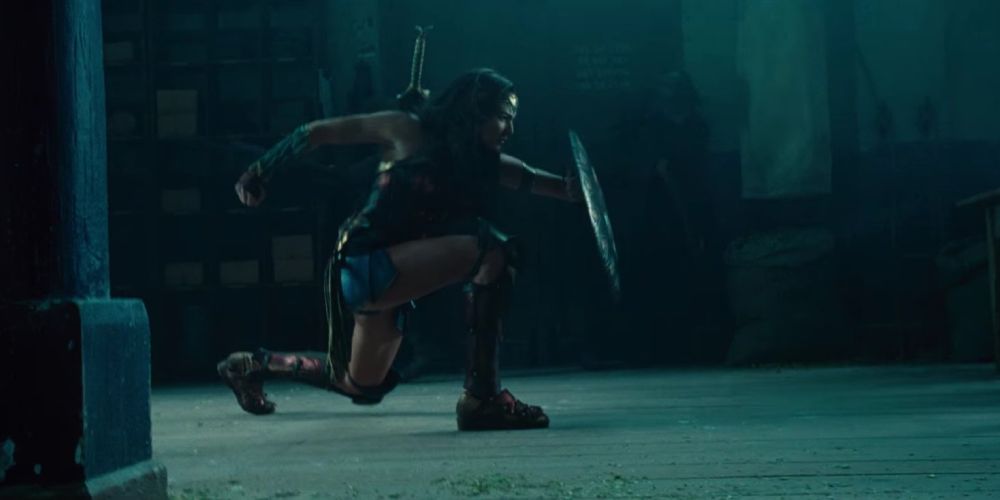
The past couple years have sparked seemingly, sudden changes in Hollywood. The #OscarsSoWhite trending this year launched a complete member overhaul in the Academy and the way voting was handled within the membership. The EEOC launched an investigation of the Hollywood’s studio system’s complete neglect of hiring women directors, which has sparked an online movement for women in film, both in front of and behind the scenes.
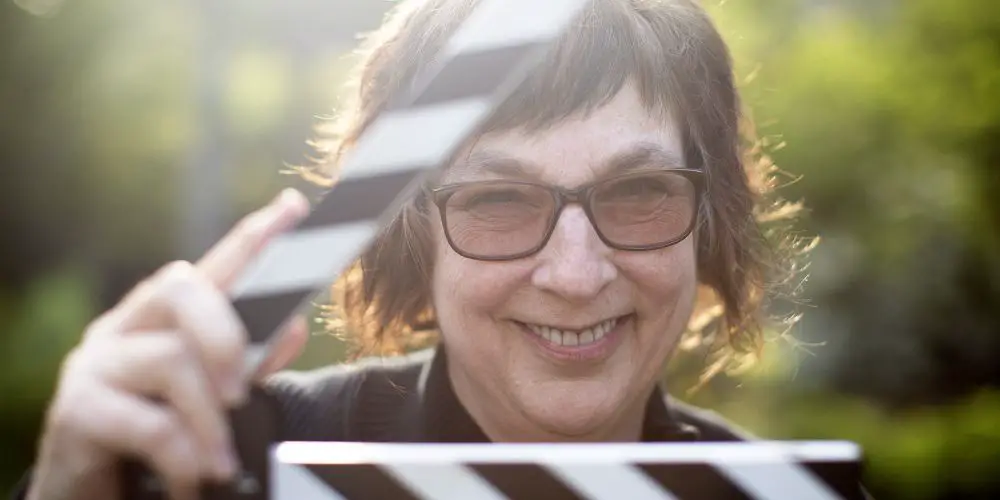
Bluestocking Film Series is an an exclusive showcase for provocative, well-produced films that feature complex female protagonists driving the narrative and leading the action. Moreover, all films submitted to the series must feature a female protagonist, and must pass the Bechdel-Wallace Test. It’s the first ever U.
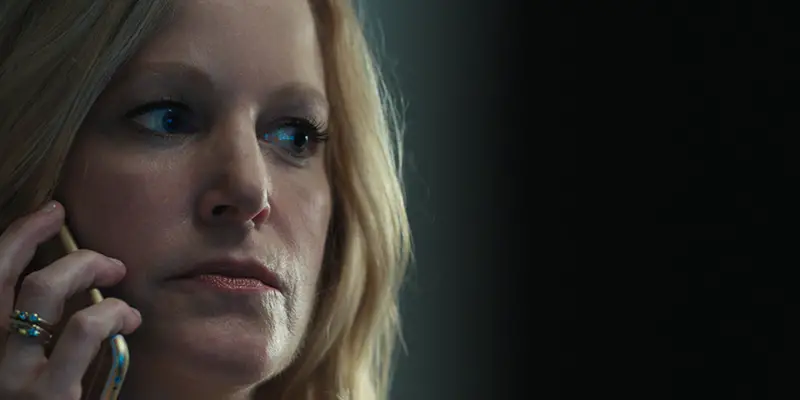
Meera Menon’s film Equity manages to tick a lot of boxes off in terms of the kind of characters it depicts and focuses on, from having a female lead (an incomparably skillful Anna Gunn, best-known for Breaking Bad), to a female ensemble, to numerous women behind the camera (led by director Menon, helming her second feature). One of many truly impressive feats the film manages to pull off is that it not once feels like it’s ticking any boxes – that the film is inclusionary of layered, dimensional female characters is of course, noteworthy, but it is one of its many strengths. Chief among these strengths is the compelling narrative, which starts from the screenplay (credited to Amy Fox, story by Sarah Megan Thomas, also onboard as a producer and co-star, with producer and co-star Alysia Reiner), and is bolstered by Menon’s capable direction, Gunn and the ensembles’ applause-worthy performances.
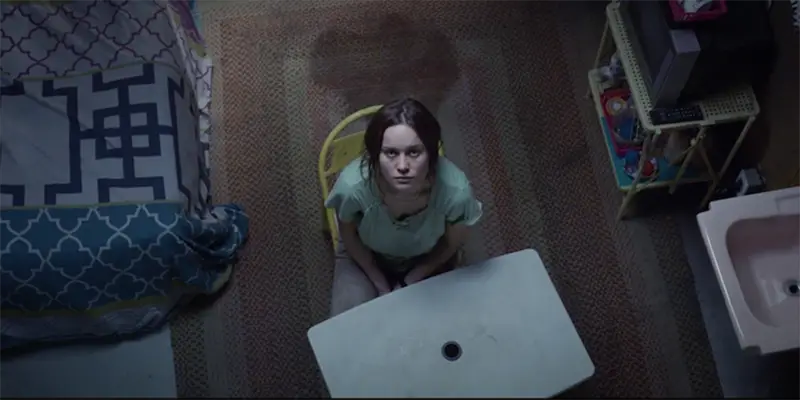
Because the Internet can take a person virtually anywhere in the world and provide potentially infinite vats of knowledge, raising children in a dictatorial environment nowadays seems more ridiculous than ever. The mechanics of detaining an adult with an existing awareness of the outside world is even more bewildering, because chances are they’ve read about the Josef Fritzl case and have at least some idea of how to escape. Alas, cinema, ever the portrayer of such cultural terrors, has provided startling means with which to explore such a phenomenon.
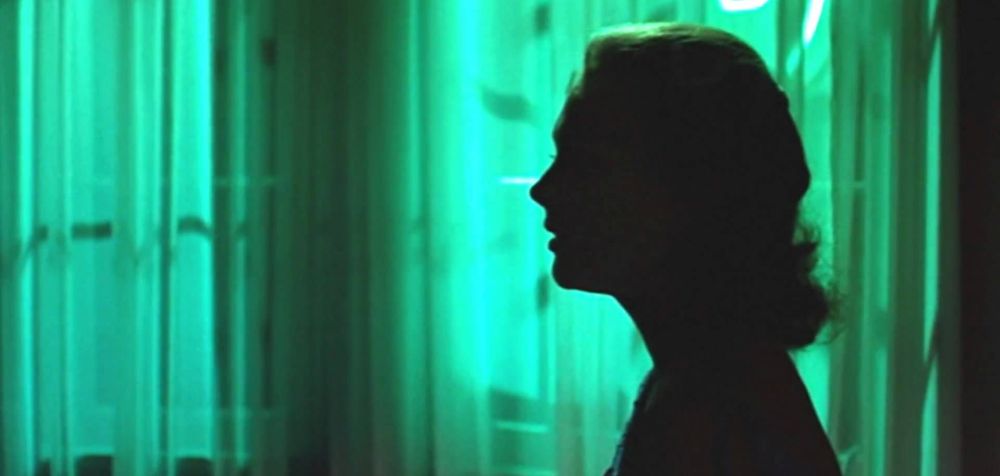
Sexism in film has been a topic of discussion since the rise of feminism, and in particular, since Laura Mulvey’s 1970’s research into ‘the male gaze’ in cinema. Fortunately, modern films are slowly but surely making a conscious effort to break down stereotypical gender roles and tired one-dimensional characters, but when it comes to the classics, many of the limited and restricted archetypes we try to move away from today are showcased in these films. This year, Alfred Hitchc*ck’s mystery thriller Vertigo was voted the greatest film of all time by a BFI poll.
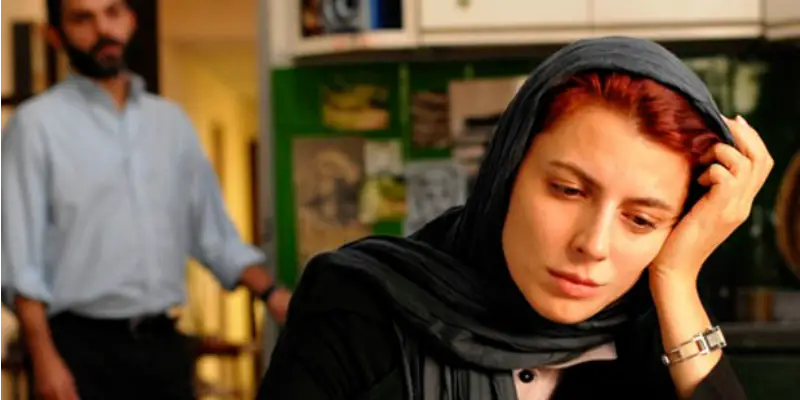
When we come across words like Arabic, Iranian, Palestinian, or any other Middle Eastern nationality, we immediately think of the difference in culture. Especially when it comes to women, we think of Islam’s (justified or not justified) reputation as an opponent of gender equality, an oppressor of women and the rule of men. This preconceived notion is slowly being challenged with a flood of films from the Middle East.


